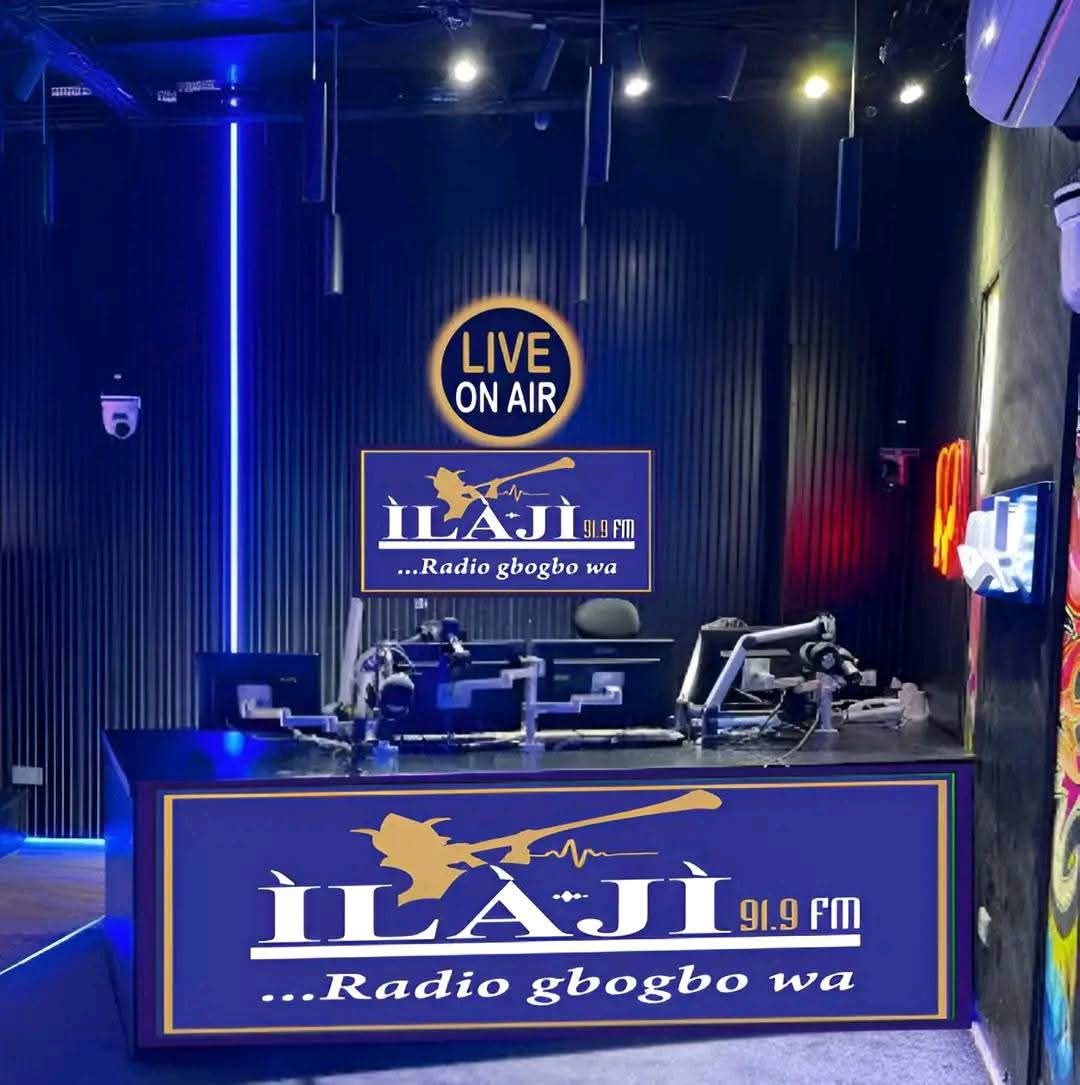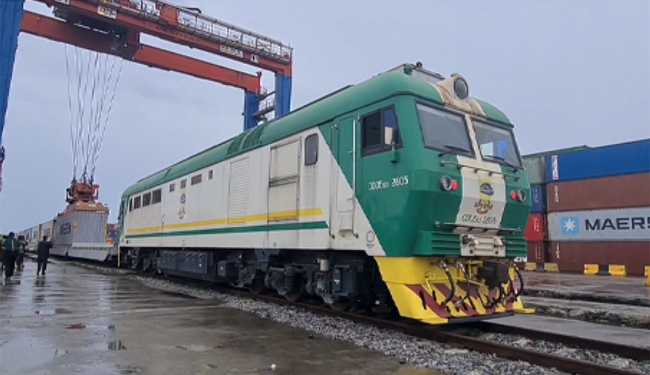The Nigerian Railway Corporation (NRC) has highlighted that the persistence of double-handling charges on the Lagos-Ibadan cargo rail services is directly linked to the absence of a standard gauge track connecting to the Apapa Port quays. Augustine Arisa, the Lagos District Manager of the NRC, explained that the containers need to be transferred from the ship to the rail side, which incurs additional charges as such services cannot be provided for free.
Arisa emphasized that double-handling charges are common worldwide when the rail track does not extend to the port quay. At Apapa Port, the standard gauge track does not reach the quay, requiring the containers to be moved from the ship at the quayside to the loading point inside the port for onward transportation to Ibadan.

APM Terminals in Apapa, therefore, imposes Rail Handling charges for handling the containers from the ship’s side to the point where the Lagos-Ibadan cargo rail is loaded within the port. Initially, customers expressed dissatisfaction over paying both APM Terminals’ rail handling charges and NRC’s charges for moving the containers from Apapa to Ibadan.
To address this issue, the NRC has been working to clarify to importers that the standard gauge rail does not extend directly to the quay. It stops at a certain point inside the port, necessitating the movement of cargoes from the ship’s quayside to the rail loading area, which incurs charges.

Arisa highlighted that if the standard gauge rail reached the quay inside Apapa Port, the fee collected by APM Terminals for transferring containers from the ship to the rail would have been eliminated. However, since this is not the case, cargo owners are required to pay for container transfer from the quayside to the rail side.
To make rail services more cost-effective compared to road haulage, the NRC regularly reviews charges with APM Terminals in Apapa. This is aimed at attracting more customers to utilize the Lagos-Ibadan cargo rail. The NRC has even reduced charges at times to meet customers’ expectations and enhance importers’ confidence in the service.

Recently, cargo owners have shown reluctance to utilize the Lagos-Ibadan container freight services due to the issue of double-handling charges. Importers have voiced their concerns, as charges already paid at the Lagos Port are being levied again upon the containers’ arrival at Moniya in Ibadan.
A port official, who preferred to remain anonymous, stated that the imposition of double handling charges has resulted in many cargo owners refusing to transport their containers by rail. Customs examination procedures have also posed challenges. However, it is hoped that relevant government agencies will resolve these issues promptly.

